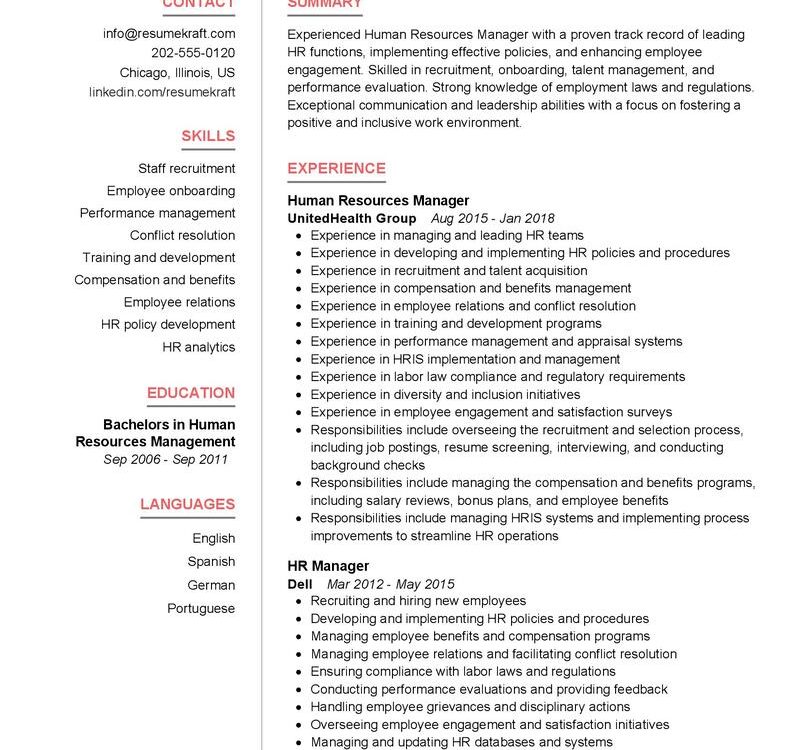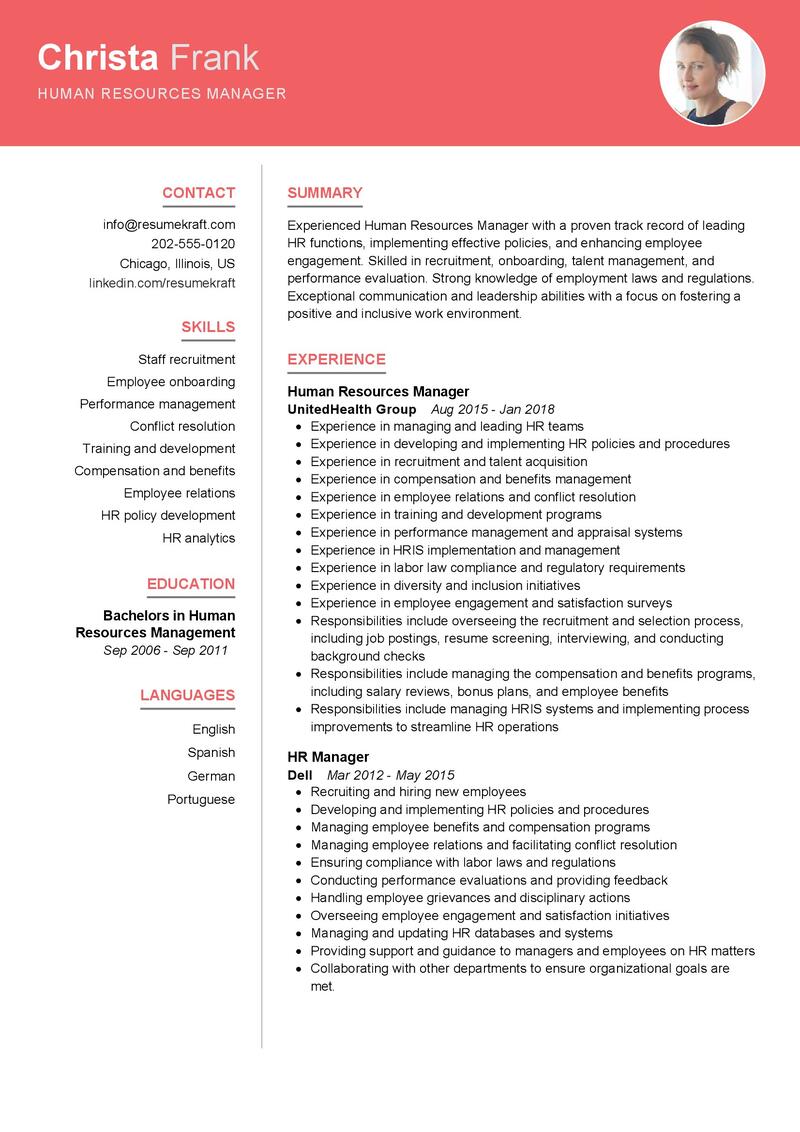Exploring the Role of a Human Resources Manager
In today’s dynamic corporate landscape, the role of a Human Resources Manager stands as a linchpin in fostering a thriving work environment. This position intertwines strategic planning with people management, playing a vital role in the organization’s success. Let’s delve into the multifaceted responsibilities and requirements that define the role of a Human Resources Manager.
Understanding the Responsibilities of a Human Resources Manager
A Human Resources Manager wears many hats, acting as a bridge between employees and management, and ensuring that the organization operates smoothly. Let’s unpack the key responsibilities that encapsulate this pivotal role:
- Recruitment and Talent Acquisition: Spearheading recruitment efforts to attract top talent, conducting interviews, and facilitating the onboarding process.
- Employee Relations: Nurturing a positive work culture by resolving conflicts, promoting employee engagement initiatives, and ensuring compliance with labor laws.
- Training and Development: Identifying training needs, designing development programs, and fostering a culture of continuous learning and growth.
- Performance Management: Implementing performance evaluation systems, providing feedback, and facilitating career development conversations.
- Compensation and Benefits: Managing compensation structures, administering employee benefits, and ensuring fairness and competitiveness.
- Policy Development and Compliance: Drafting HR policies, ensuring adherence to legal requirements, and mitigating risks related to employee relations.
Each responsibility plays a crucial role in shaping the organizational culture and driving employee satisfaction and productivity.
Essential Skills and Qualifications for a Human Resources Manager
Stepping into the role of a Human Resources Manager requires a blend of soft skills, technical expertise, and industry knowledge. Let’s outline the key skills and qualifications essential for success in this role:
- Strong Communication Skills: The ability to communicate effectively with employees at all levels and convey HR policies and procedures clearly.
- Empathy and Emotional Intelligence: Understanding the needs and concerns of employees, and handling sensitive situations with tact and empathy.
- Problem-Solving Abilities: Addressing employee grievances, resolving conflicts, and finding creative solutions to complex HR challenges.
- Strategic Thinking: Aligning HR initiatives with organizational goals and contributing to long-term strategic planning.
- Leadership and Team Management: Inspiring and motivating HR teams, delegating tasks effectively, and fostering a collaborative work environment.
- Knowledge of Employment Laws: Staying updated on labor laws and regulations to ensure compliance and mitigate legal risks.
- HR Software Proficiency: Familiarity with HRIS systems, ATS platforms, and other HR software for efficient data management and analytics.
Combining these skills with a relevant degree in Human Resources, Business Administration, or a related field lays the foundation for a successful career as a Human Resources Manager.
Crafting a Compelling Human Resources Manager Resume
Your resume serves as a gateway to opportunities in the HR field, showcasing your qualifications, experiences, and achievements. Here are some tips to create a standout Human Resources Manager resume:
- Highlight Leadership Experience: Showcase instances where you’ve led HR initiatives, managed teams, or implemented successful HR programs.
- Quantify Achievements: Use metrics to quantify the impact of your HR initiatives, such as improvements in employee retention rates or cost savings through efficient recruitment strategies.
- Emphasize HR Strategy: Highlight your role in developing and implementing HR strategies aligned with organizational objectives, demonstrating your strategic mindset.
- Include Relevant Certifications: List any HR certifications or professional development courses to demonstrate your commitment to continuous learning and skill enhancement.
- Customize for Each Application: Tailor your resume to match the job description and emphasize skills and experiences relevant to the specific role.
Your resume should not only showcase your qualifications but also convey your passion for HR and your potential to drive positive change within an organization.
Key Takeaways for Your Human Resources Manager Resume
As you craft your Human Resources Manager resume, keep these key points in mind:
- Focus on fostering a positive work culture and driving employee engagement.
- Stay updated on HR best practices, industry trends, and legal requirements.
- Emphasize your ability to align HR initiatives with organizational goals and contribute to strategic planning.
- Highlight your leadership abilities, problem-solving skills, and proficiency in HR software.
Remember, your resume is more than just a document—it’s your opportunity to showcase your skills and experiences and stand out as a top candidate in the competitive field of HR management.
Finally, feel free to utilize resources like AI Resume Builder, Resume Design, Resume Samples, Resume Examples, Resume Skills, Resume Help, Resume Synonyms, and Job Responsibilities to create a standout application and prepare for the Human Resources Manager job interview.


